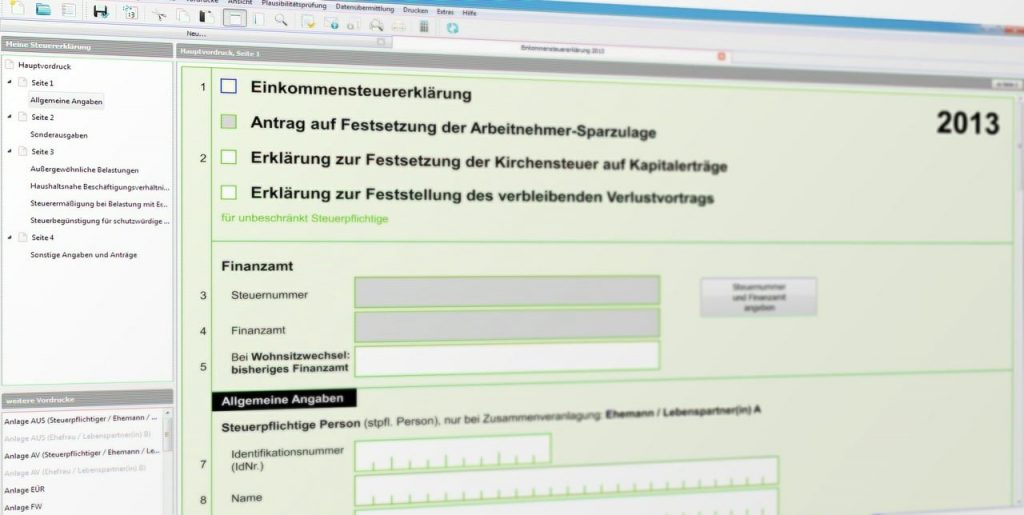Every bureaucracy has its language; one might even go further to say that language is bureaucracy’s main tool. The characteristics of bureaucratic speech are well known: thick, complicated sentences, dripping with precision and impersonality. It is intentionally difficult to understand, requiring a certain amount of skill and training in its dark art. Most people will accept without hesitation documents that they could not have possibly read and on whatever terms. We are forced to do this on a weekly basis.
Different bureaucracies have their unique charms. American bureaucracy is relatively light, but, once you’ve run afoul of it, it’s really hard to escape the relentless gravity. French bureaucracy shares something with the US; you can find yourself in a simple dead-end with nowhere else to go and all moves exhausted.
The slang term for office speech in the US is ‘legalese’; and it’s no coincidence that the term legalese sounds like Chinese or Japanese – languages also largely considered to be inscrutable to the American ear. The Americans laugh at legalese, and make fun of it. They find it silly and tend to look at bureaucrats themselves with the same mocking tone and very little patience. So different from Germany.
Amtssprache has its own phobia
Germany – and the collection of states that existed before it – have produced some truly amazing thinkers of this modern bureaucratic condition: Weber, Kafka, et al. But, where the American makes jokes about the pencil-pushing bureaucrats or the bean counters, the German has a pronounced fear. Just using “Amtssprache” can instantly provoke a response of terror.

You come home one day and check your mail. There’s something in there from the Hausverwaltung or Finanzamt; you rip open the envelope and see the business format, the standard greeting, “Sehr geehrter Herr Phippeny”, and that dry tone, dry with a crack of ice in its veins. Now you’re struggling to read this text. How bad is it? Is this just a polite notification, or is it something darker? Do I owe money? Have I been hit with another mysterious bill for breaking some rule that I didn’t know existed? An American friend of mine ran into so much trouble with his health insurance, they wanted 25,000 Euros and had just sent him to Inkasso. Is that what I have in my hand now?
| Amtssprache (noun, German): The term Amtssprache refers to the officially designated language used by governmental and administrative bodies to conduct their affairs, issue documents, and communicate with the public. It determines the language in which laws, regulations, and official records are written, as well as the language required for formal applications, court proceedings, and correspondence with authorities. In most countries, the Amtssprache reflects the primary national language, but in multilingual states there may be several Amtssprachen depending on the region or institution. For example, in Germany the Amtssprache is German, while in Switzerland there are four official administrative languages: German, French, Italian, and Romansh. Thus, the concept of Amtssprache plays an important role in ensuring clarity, legal consistency, and accessibility in public administration. |
Amtssprache has its own phobia, and it’s one I’ve only heard about here in Germany. People develop a genuine fear of opening their mailboxes. I’ve known some who went years without checking theirs. Never do this, by the way, you can really blow up your life here by not keeping up on your mail. Very bad idea! But, this phobia is still a thing. It can really rattle people to get that letter: a small piece of paper that is about to blow up your life.
Darth Vader speaks Amtssprache
So, in my first years in Berlin, I would watch movies dubbed in German that I knew by heart in English. “Lord of the Rings”, “Star Wars”, and so on. I’d put on the subtitles and take notes, trying to expand my vocabulary. We often talk about what gets lost in translation, but sometimes things get added. The original “Star Wars” trilogy offers a good example. It’s where I experienced the first use of aristocratic speech. Leia is a princess after all, and so the other characters are using the second person plural with her, something you only hear with royalty.
But one of the most devilish translation choices is Vader; you see, Darth Vader speaks Amtssprache. I don’t know who made this decision, but it’s absolutely perfect! No notes! Vader, through the use of Amtssprache, just becomes so much more villainous. Sure, in English Vader has that amazing voice, but his baddy cred is largely communicated through his size and his ability with a laser sword; in German it’s dripping through his very speech. Want an example?
Ok. “Empire”. The Millenium Falcon loses the Empire in the asteroid field. Captain Needa tells one of his underlings that he will take responsibility, and, in the next scene, Needa collapses to the deck plating while Vader force chokes him. In German, Vader says, “Ich nehme Ihre Entschuldigung zur Kenntnis, Captain Needa.” Without a good feel for the language, it’s hard to understand just how threatening this is. And it’s also a very typical formula you’ll find in one of those letters from the Finanzamt. This is total Amtssprache! It means “your apology has been noted”, but the apology is neither accepted nor rejected; it is simply noted. The next time a German friend apologizes, say this to them and see what kind of reaction you get.
You’ll slowly get a feel for Amtssprache
As you navigate through your life in Berlin, you’ll slowly get a feel for Amtssprache. And, like with any bureaucracy anywhere else, it’s rough for even the native speakers to parse. We all have to get into a little trouble now and then, and then get ourselves back out of it.
Also, despite the fact that it’s Vader’s language of choice, and also despite how much the Germans will complain about it, I have found that bureaucracy in Berlin is relatively easy to navigate and shouldn’t inspire as much fear as it does. Generally, the case workers will give you a map – a check list of what they want to see – and once you have everything on the check list, you’re done.
I’ll admit that as far as Amt challenges go, I haven’t taken on anything truly difficult. I’ve never worked as a Freelancer here, which has a whole lot more that can go wrong. In France, ‘no’ rarely means ‘no’, usually it means ‘convince me.” I think the Germans have a bit of that too. Not as much as France, but a bit.


















